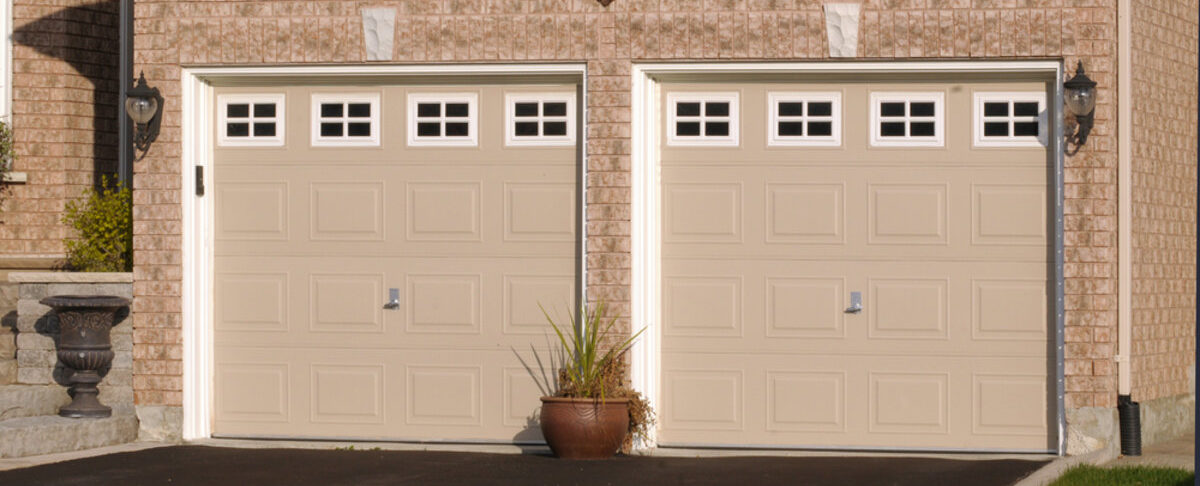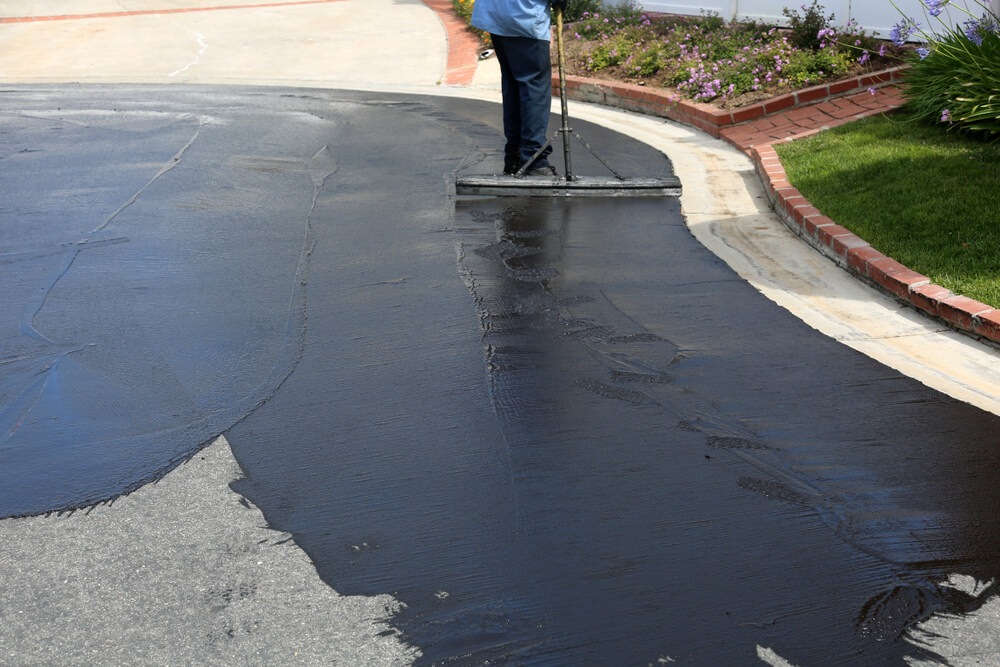Asphalt driveways are a popular choice for homeowners and businesses due to their durability and cost-effectiveness. However, the presence of heavy vehicles can significantly impact the longevity and structural integrity of these driveways. In this article, we will explore the various factors that contribute to the damage caused by heavy vehicles and discuss strategies to mitigate their impact.
Understanding the Impact of Heavy Vehicles on Asphalt Driveways
Because of their weight and tire load distribution, heavy vehicles—such as delivery trucks, construction equipment, and recreational vehicles—exert significant force on asphalt driveways. Even smaller commercial trucks can weigh many tons, though the weight of these vehicles can vary greatly. The driveway pavement is under tremendous pressure from this weight.
Furthermore, the load on each tire of a large vehicle is distributed across a limited area due to the several tires on the vehicle. This concentrated load puts the driveway surface under more pressure, which accelerates wear and tear. The frequency of use is also important since surface degradation and compaction can result from repeatedly passing over the same places.
In addition, the type of pavement used for the driveway can be a factor in the susceptibility to damage when heavy vehicles travel over it. Asphalt driveways do have their pros and cons, while generally, they are fairly strong and can bear the weight of heavy vehicles, after many years of frequent use, cracks or depressions may develop on them.
Factors Affecting Load-Bearing Capacity
The strength of a driveway is determined by a number of factors, such as foundation, the condition of the soil, age, humidity, thickness, mixture of asphalt, and temperature. In cold weather, there is no such thing as a significant increase in the load-bearing capacity. The subgrade, which is the ground under the driveway as well, also plays a role in deciding how much weight a driveway is capable of bearing. A smooth subgrade partly depends on the compactness of the subgrade. The subgrade will be able to absorb the weight placed on the asphalt and prevent damage if compaction is done.
Many humidity levels are significant to consider. The asphalt driveways may hold water over time; their structure could soften and make cracks appear. The most decisive thing to do is to secure drainage in order to prevent the water from creeping into the asphalt base. Moreover, the presence of the driveway is also considered a major factor that can affect the way the house looks.
When subbases are compressed improperly, they could fall apart later, and cracks and structural problems could appear.
For asphalt driveways, the weight and positioning of the vehicles, as well, are among the factors that contribute to the deterioration of the driveway. The heavier vehicles, including trucks and buses, can be dangers to the road surface than the smaller vehicles. Consequently, one needs to take into account the type of vehicles that will be frequently using the driveway as well when calculating its load-bearing capacity.
Mitigating the Impact of Heavy Vehicles on Driveways
Although it is not easy to completely avoid the damage heavy vehicles cause to driveways, some techniques can help reduce the damage and prolong the life of the pavement. Proper maintenance is an essential factor in maintaining the condition of the driveway. Joints should be repaired immediately, and the surface should be skim-coated and sealed frequently to prevent water and wear.
In the case of heavy traffic, thick or reinforced materials are recommended. These materials are constructed to sustain more robust weight loads and can help even the impact of heavy vehicles. It is imperative to make sure that the driveway is installed properly by those who know how to deal with the actual needs of heavy vehicle traffic.
Furthermore, uniformly distributing the weight of heavy vehicles can also help lessen the damage to the driveway. Implementing boards or areas for the cars to be parked spreads the load over a larger area and reduces the chance of concentrated pressure points.
If possible, the smart decision would be to minimize the use of heavy vehicles on the driveway, which would, in turn, prolong its life. Allocating separate parking areas or access points that are not along the driveway can significantly lower the amount of vehicle traffic on the pavement.
Periodic inspections are a key tool for detecting and preventing damage in advance. This early intervention can prevent problems from getting worse and consequently lead to even worse damage. It is also advisable to liaise with driveway experts, who will be able to determine the exact situation and suggest the appropriate materials and maintenance options for the specific case.
Concrete Driveways: A Strong Choice for Heavy Vehicle Traffic
There are several types of driveway surfaces to choose from, concrete being one of the most durable when it comes to heavy vehicle impact. Concrete driveways come with several benefits that make them the best choice for hosting heavy vehicles.
Concrete is famous for its strength and durability, which is why it is considered one of the best options for driveways that carry heavy vehicle traffic. Compared to other materials, a concrete driveway is easy to maintain. Continuous sealing will help deflect water and abrasion, influencing the possibility of major damage.
Although concrete driveways may form cracks as they age, you can reduce the potential for structural problems by having them installed correctly and with regular maintenance. Indeed, well-made concrete driveways are durable enough to last for decades despite heavy vehicle traffic.
Long-term Impact of Heavy Vehicles on Asphalt Driveways

The presence of heavy vehicles can significantly impact the longevity and structural integrity of asphalt driveways. Understanding the factors contributing to this impact is crucial for homeowners and businesses looking to preserve their driveways.
By implementing strategies such as regular maintenance, using reinforced materials, proper installation, load distribution, limiting traffic, regular inspections, and consulting with professionals, the impact of heavy vehicles can be mitigated. Whether you have an asphalt driveway that needs repairing or are considering a concrete driveway, contact Richfield Blacktop today.





